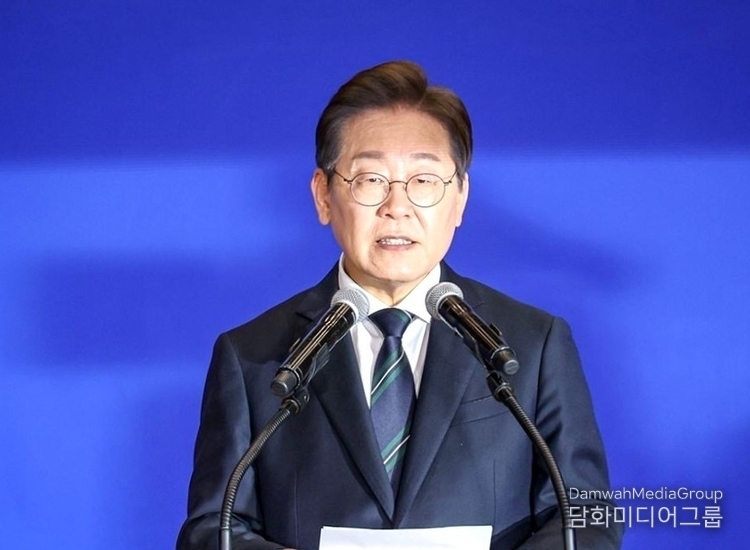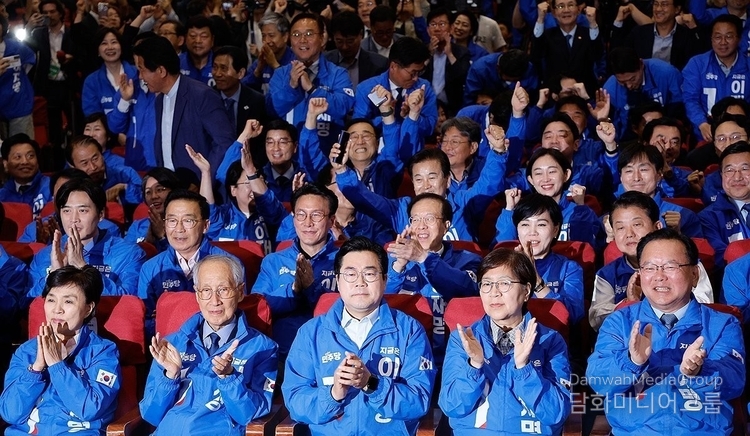By UN Journal Kayla Lee
With the election of Lee Jae-myung of the Democratic Party as the 21st president, South Korea has seen a power transition after three years.
As of 2:30 a.m. on June 4, with 97% of the votes counted, Lee Jae-myung had secured 48.8% of the vote, effectively securing his election, which corresponds to approximately 16,012,000 votes. Kim Moon-soo of the People Power Party came in second with 42.1% of the vote.

This presidential election was the second early presidential election held against the backdrop of unprecedented political turmoil, including the first state of emergency since democratization in 1987 and the impeachment of the president.
It is analyzed that the public made their choice based on two criteria: “judgment of the Yoon administration” and “rapid stabilization of national affairs.”
In a speech in Seoul's Yeouido, home to the National Assembly, Lee promised to "overcome the insurrection" and ensure there is no "military coup," a reference to Yoon's attempt to impose martial law.
"I will fulfill my mission of creating a world where democracy is restored and the people are respected as sovereign in a democratic republic while living together in cooperation with each other," he said on a stage where he was joined by his wife, Kim Hye-kyung.

"The moment I am confirmed as the president-elect, I will put all of my strength into reviving the economy and recovering people's livelihoods," he added.
People Power Party candidate Kim Moon-soo conceded defeat in a press conference at his party's headquarters, saying he "humbly accepts the people's choice" and congratulates Lee on his election.
Thanking the people for their support, he credited their strength for the advances the country continued to make in the face of crisis.
The election took place exactly six months after Yoon declared martial law in a surprise announcement that evoked dark memories of past military regimes and plunged the nation into the worst economic and political crisis in decades.
Lee campaigned on a pledge to overcome the "insurrection forces" led by Yoon in the wake of his impeachment and removal from office less than three years into his five-year term.
Kim seized on Lee's many ongoing trials and aggressive leadership style to promise a future free of "dictatorship."
As an exit poll projected Lee's victory by a 12.4 percentage point margin, DP campaign officials and leaders erupted in applause and cheers inside the situation room set up at the National Assembly.
PPP officials, in contrast, were visibly disappointed as their hopes for an upset victory appeared unlikely to materialize.
Of the total 44.39 million eligible voters nationwide, some 35.24 million, or 79.4 percent, had cast their ballots, the highest rate since the 1997 election when the turnout came to 80.7 percent, according to the National Election Commission (NEC).




